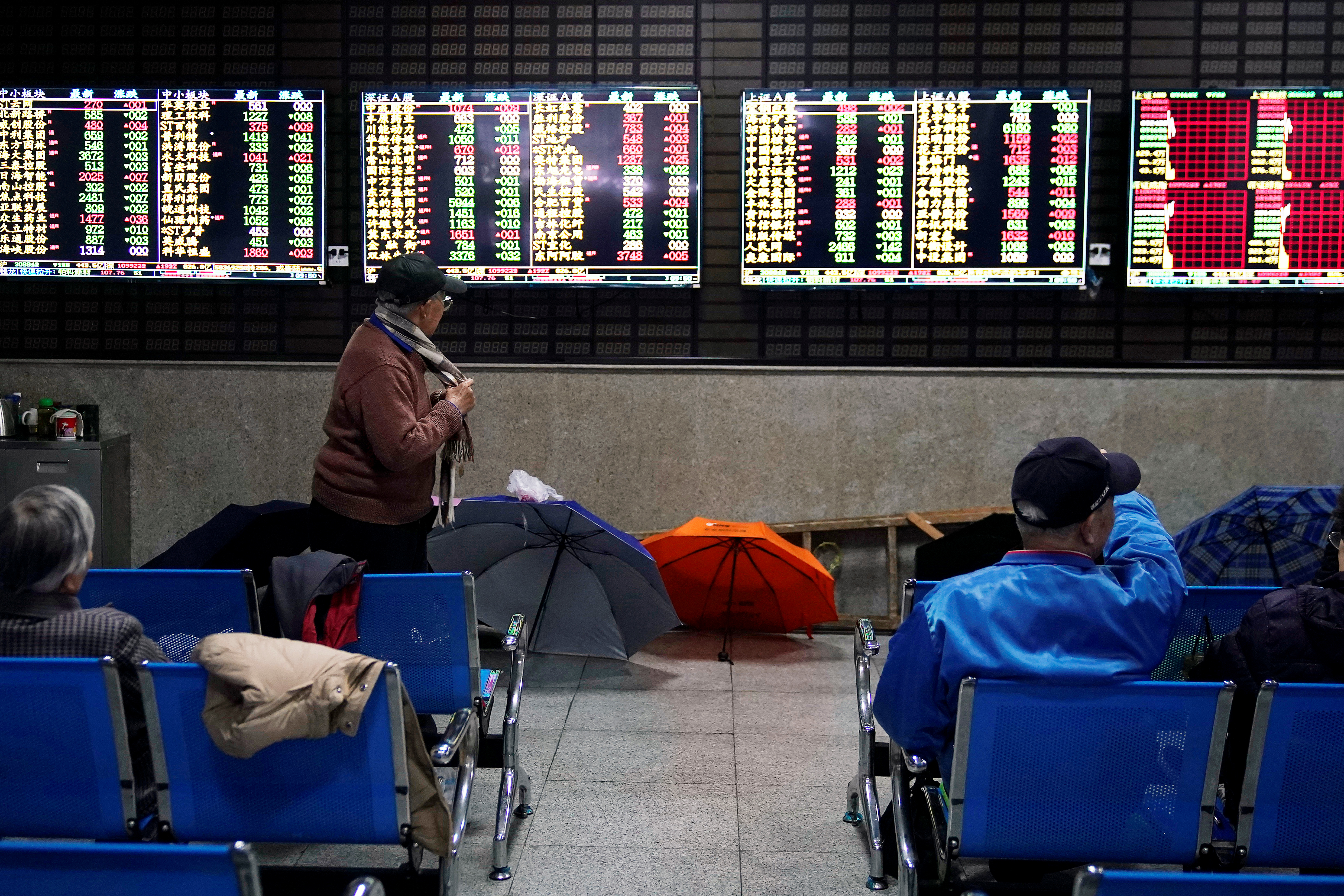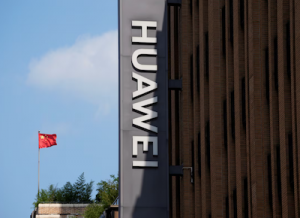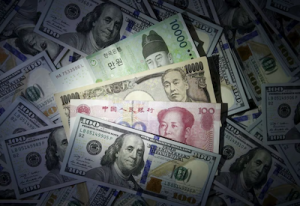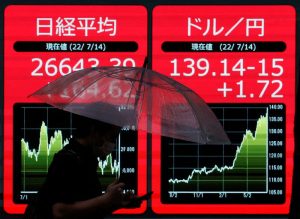(ATF) Bond investors go into the new year with a positive view of Chinese bonds, despite recent volatility amid growing recent credit-risk concern.
The combination of a strengthening Chinese economy – the only major one so far to rebound from the coronavirus downturn – and a central bank that has doggedly kept its powder dry amid mounting pressure to loosen monetary policy, plays to the belief that China’s credit markets will resume the breakneck growth seen in previous years.
That’s not to say there aren’t headwinds. The default situation is serious enough to have sparked a two-week selloff in November and send government bond yields to an 18-month high. Investors were concerned that the balance sheets of other credits are were in as bad a shape as the 125-or so companies that bilked on their bond payments this year.
Read Also on ATF
- China markets end with bang on strong PMI numbers
- China records a banner year for oil and gas discovery
Also, the recovery is by no means assured; recent strong PMIs have contained grains of concern that some structural weaknesses persist. Household debt, for instance remains high and recent regulatory attacks on large tech companies suggest government willingness to interfere in markets is growing.
Probably more concerning is the fiscal position of local governments, the recipients of record amounts of stimulus intended to provide liquidity to fund infrastructure projects that are hoped to cement the rebound in the real economy.
Structural change
“Beyond the higher capital inflows, China’s bond universe is facing another structural change,” write Natixis analysts Alicia Garcia Herrero, Jianwei Xu, and Gary Ng. “With the rebounding but still challenging economic growth, repayment pressure for corporates has worsened and bond defaults have increased sharply although still from a very low level.”
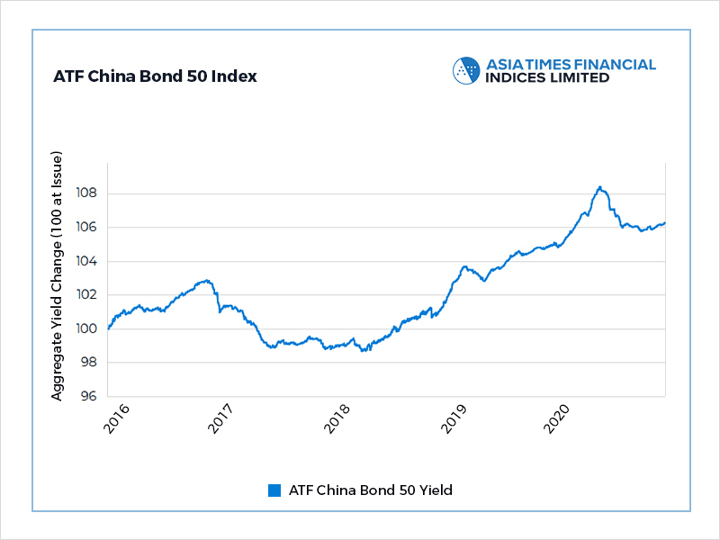
Despite the resilience of China’s 4 trillion yuan bond market in 2020, the benchmark ATF China Bond 50 Index climbed just 0.88%, its smallest expansion since 2017. Weakness stemmed from the pandemic, which sent the global economy spiralling and China’s into its first quarterly contraction in generations. Default risk also weighed on sentiment, which slumped after Yongcheng Coal & Electricity Holding Group defaulted on a 1 billion yuan ($153.17 million) bond on November 10, just weeks after it sold fresh debt.
But there is much room for optimism among bond traders. Firstly, the economy is recovering. China’s NBS manufacturing PMI in December was 51.8, the second-highest level of 2020 despite retreating from the three-year high in November, when it was 52.1.
The index remained above the 50-point mark that separates growth from contraction but was a tad below the 52.0 in a Reuters’ poll of analysts.
Borrowing costs
Additionally, the People’s Bank of China has refused to bend to calls for lower interest rates and more stimulus. It has pumped a record 16.6 trillion yuan into markets this year, much of it through special bonds issued to fund specific reconstruction projects.
Its intransigence has ensured that Chinese borrowing costs have been higher than those of their peers, which have largely plunged into negative rates. That’s more onerous on borrowers but a boon to lenders, who have surged into China from overseas in record numbers, aided by regulatory measures designed to modernise and internationalise the country’s credit markets.
Sentiment is also likely to buoyed by the simple fact that default concerns have been overblown, argues Natixis.
“Although the size and ratio of onshore bonds with repayment pressure have climbed, the number of first-time defaulters has declined from 42 in 2019 to 27 in 2020,” the bank’s analysts wrote. “Furthermore, the top five defaulters make up 54% of onshore bond defaults in 2020. This shows the repayment pressure is driven by larger but fewer firms, of which many are SOEs.”




